10 Reasons Children, Adults & Communities Need Vitamin N
We’ve come a long way over the past decade, but the journey is far from over.
Many of us believe that, while public awareness of the importance of the nature connection has grown, we need to move more quickly toward action on every level: family, school, business, faith-based, civic and government. We hope you’ll take C&NN’s Vitamin N Challenge.
For motivation, here are 10 reasons children, adults and communities need nature:
• The more high-tech our lives become, the more nature we need. We have a human right to a meaningful connection to nature, and we have the responsibilities that come with that right. Few today would question the notion that every person, especially every young person, has a right to access the Internet. We should also have access to the natural world, because that connection is part of our humanity.
• Humans are hard-wired to love and need exposure to the natural world. Researchers have found that regardless of culture people gravitate to images of nature, especially the savannah. Our inborn affiliation for nature may explain why we prefer to live in houses with particular views of the natural world.
• We suffer when we withdraw from nature. Australian professor Glenn Albrecht, director of the Institute of Sustainability and Technology Policy at Murdoch University, has coined the term solastalgia. He combined the Latin word solacium (comfort — as in solace) and the Greek root – algia (pain) to form solastalgia, which he defines as “the pain experienced when there is recognition that the place where one resides and that one loves is under immediate assault.”
•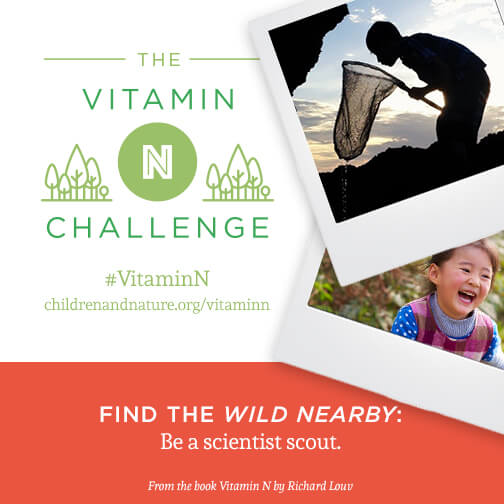 Nature brings our senses alive. Scientists recently found that humans have the ability to track by scent alone. Some humans rival bats in echolocation or biosonar abilities. Military studies show that some soldiers in war zones see nuances others miss, and can spot hidden bombs; by and large these tend to be rural or inner city soldiers, who grew up more conscious of their surroundings.
Nature brings our senses alive. Scientists recently found that humans have the ability to track by scent alone. Some humans rival bats in echolocation or biosonar abilities. Military studies show that some soldiers in war zones see nuances others miss, and can spot hidden bombs; by and large these tend to be rural or inner city soldiers, who grew up more conscious of their surroundings.
• Individuals and businesses can become nature smart. Spending more time outdoors nurtures our “nature neurons” and our natural creativity. For example, at the University of Michigan, researchers demonstrated that, after just an hour interacting with nature, memory performance and attention spans improved by 20 percent. In workplaces designed with nature in mind, employees are more productive and take less sick time.
• Nature heals. Pennsylvania researchers found that patients in rooms with tree views had shorter hospitalizations, less need for pain medications, and fewer negative comments in the nurses’ notes, compared to patients with views of brick.
• Nature can reduce depression and improve psychological well-being. Researchers in Sweden have found that joggers who exercise in a natural green setting feel more restored and less anxious, angry, or depressed than people who burn the same amount of calories jogging in a built urban setting.
• Nature builds community bonds. Levels of neurochemicals and hormones associated with social bonding are elevated during animal-human interactions. Researchers at the University of Rochester report that exposure to the natural environment leads people to nurture close relationships with fellow human beings, value community, and to be more generous with money.
• Nature bonds families and friends. New ways are emerging to make that bond, such as family nature clubs, through which multiple families go hiking, gardening or engage in other outdoor activities together. In the U.K., families are forming “green gyms,” to bring people of all ages together to do green exercise.
• The future is at stake. The natural world’s benefits to our cognition and health will be irrelevant if we continue to destroy the nature around us, but that destruction is assured without a human reconnection to nature.
-
Voices
CAMPING WHILE PARENTING: A Mother-Son Adventure
-
Feature
A common thread: Indigenous-led foundation weaves together activism and art, climate and community
-
Network News
Community Spotlight: Prescribe Outside
-
Voices
That’s nice, mija: Finding common language in nature connections
-
Richard Louv
"HUMMINGBIRD PARENTS": Seven Actions Parents Can Take To Reduce Risk And Still Get Their Kids Outside
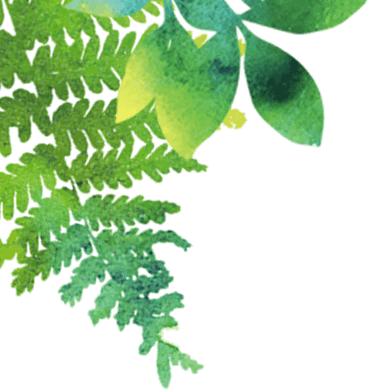


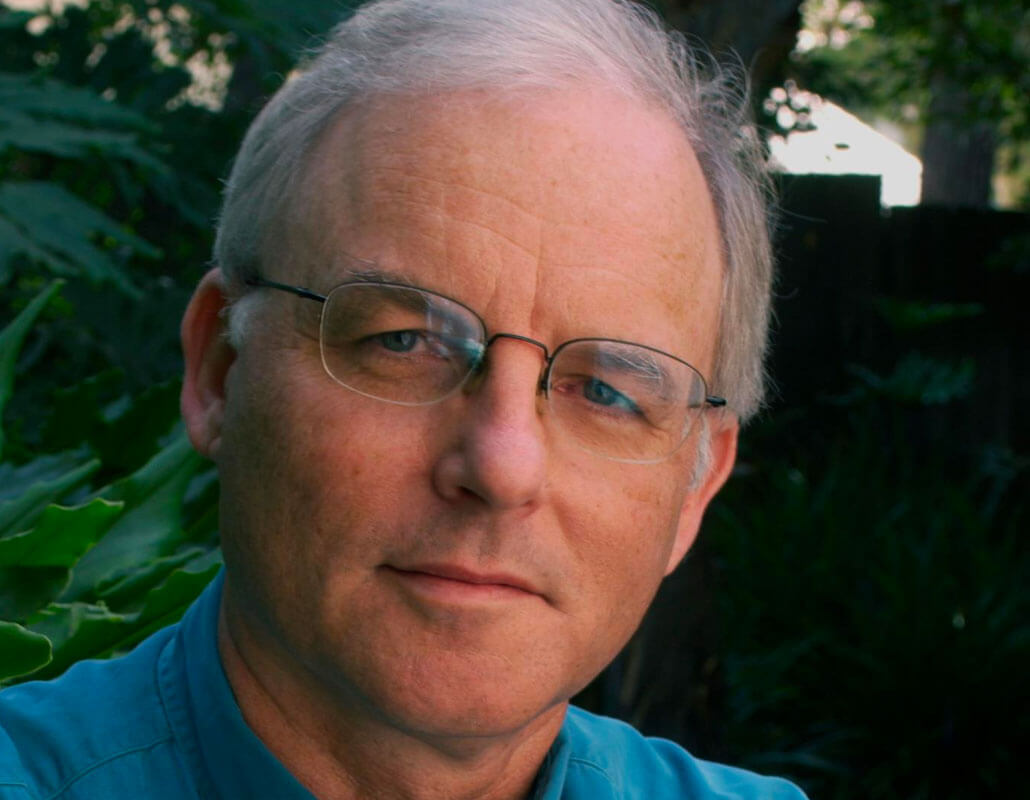
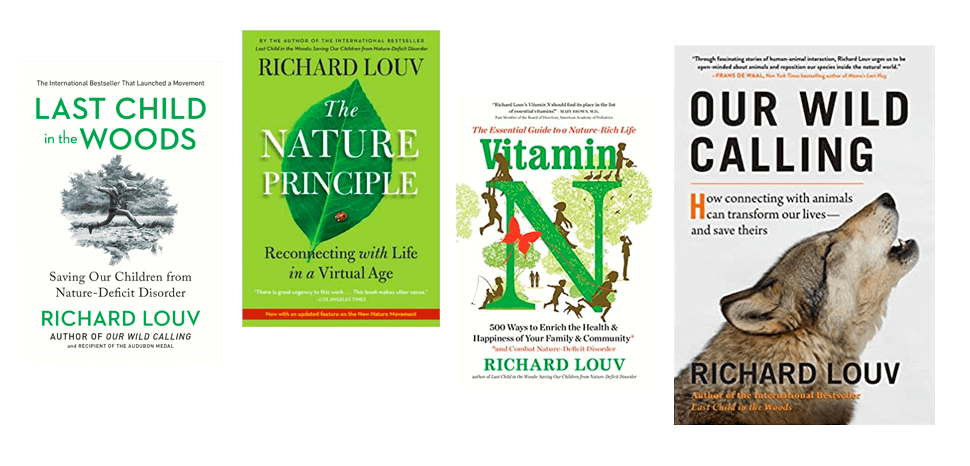
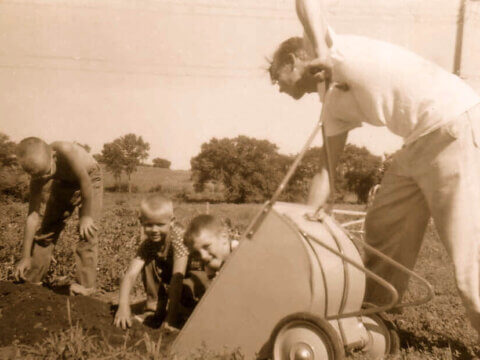
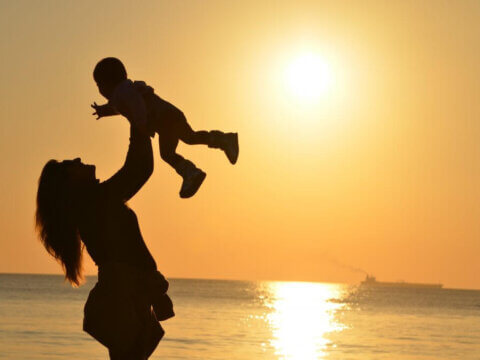

Commentaries on the C&NN website are offered to share diverse points-of-view from the global children and nature movement and to encourage new thinking and debate. The views and opinions expressed are those of the author(s) and do not necessarily reflect the position of C&NN. C&NN does not officially endorse every statement, report or product mentioned.